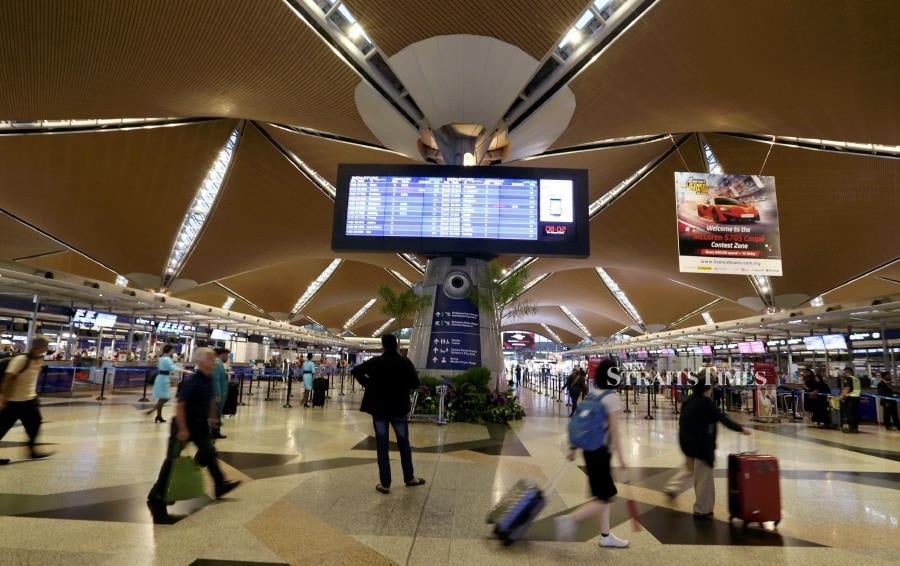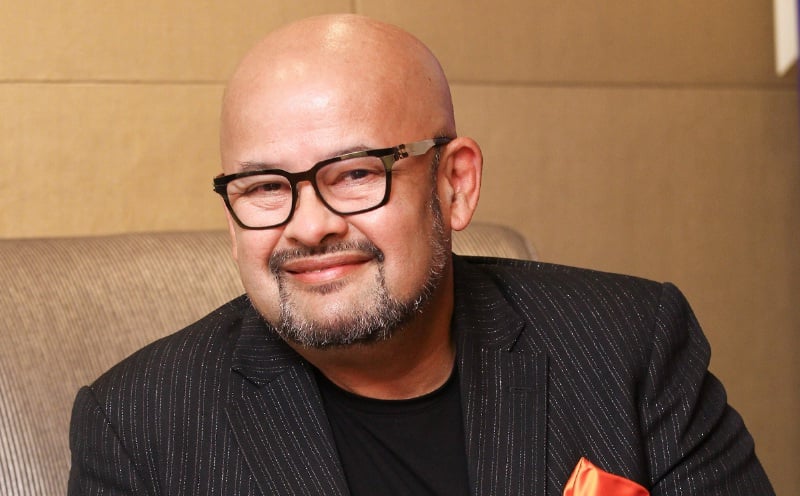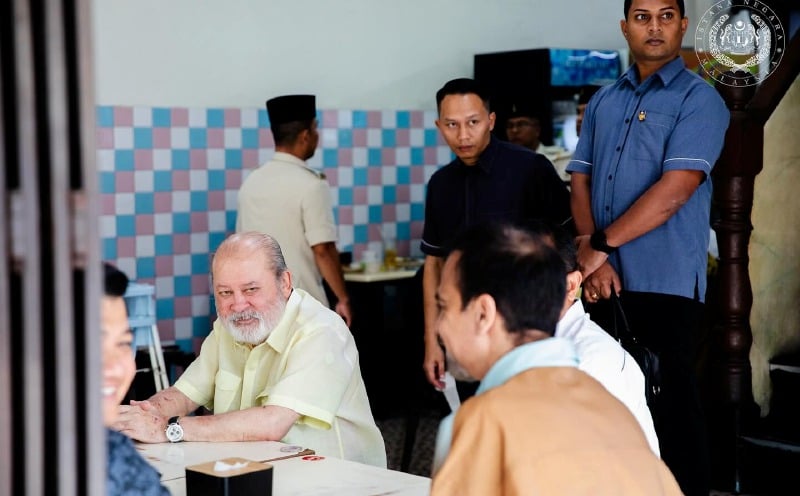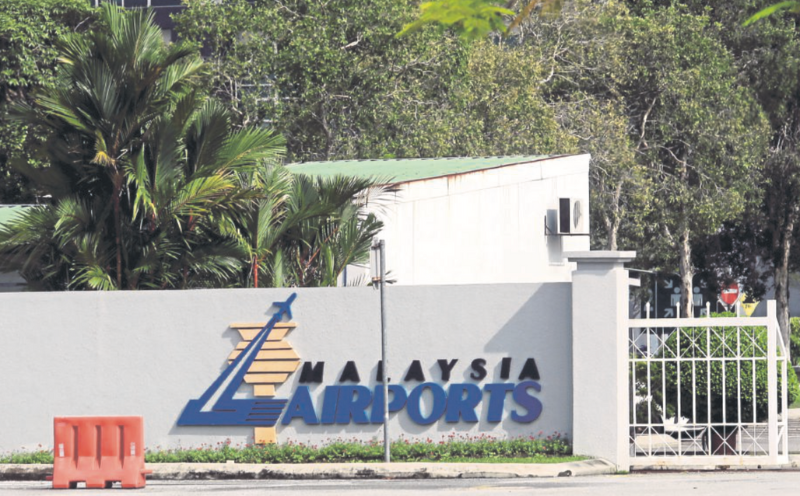KUALA LUMPUR: In May this year, a Malaysian who had left his family and country for the United States (US) to continue his studies finally returned, ending his family’s agonising 35-year wait.
Upon his arrival at the Kuala Lumpur International Airport (KLIA), Zaidi Mohd Zaid, 54, of Kubang Rawa, Salor, Kota Bahru, Kelantan was greeted by more than a dozen family members and relatives.
“I cried. We all cried, holding one another. My youngest brother who was only two years old when I left, now has five kids. I was blown away by how KLIA looked when I first touched down – how far Malaysia has come as a modern and developed country,” he said in a voice heavy with emotion.
He met his 79-year old mother for the first time upon returning to his village in Kelantan. Zaidi said he had sought her forgiveness as she welcomed him back wholeheartedly.
“In the days after, my distant relatives and the kampung folks nearby came to my mother’s home to see me,” he said, adding that their gesture greatly touched him.
However, what was it that kept Zaidi apart from his family all these years? What caused him to go incommunicado for almost three decades and what prompted him to finally return to the family fold?
THE LET-DOWN
In an exclusive interview with Bernama, Zaidi said it all started when he made the decision to drop out of university.
The guilt and remorse for having let down his parents was too much to bear and prompted him to stop communicating with them. He was determined to only return after making it big in the US.
Raised in a middle-class family that prioritised education, Zaidi was admitted into the prestigious Sekolah Datuk Abdul Razak (SDAR) in Seremban – about 500km away from his home – at a young age. It was a decision made by his father, a primary school teacher in Salor.
In a way it made Zaidi, the third of seven siblings, used to the idea of living away from his family. In 1983, at age 18, the distance between him and his family grew farther as he left for the University of California in Sacramento.
A quest to earn extra money during his undergraduate years led Zaidi to take up a part-time job as a waiter in a pizza restaurant in Sacramento. Having had a sampling of financial independence, Zaidi found himself overcome by the desire to make even more money. By the third year of his studies, he made the decision to drop out of university to work full-time.
“I didn’t tell my family that I dropped out of college. I just kept quiet because at the time I was still waiting tables, so it wasn’t really a career you would drop out for,” he said.
Two years later, he decided that it was time to come clean with his parents about his situation and wrote home. The news devastated them.
“My mom wrote back saying that I had really broken my parents’ heart and that I had shattered their dreams,” he said, adding that his family had high hopes of seeing him graduate with flying colours and eventually having a successful career.
CAN’T GO BACK YET
Crushed with remorse over how much he had disappointed his parents, Zaidi, who was 21 then, decided he could not go home empty-handed. He was determined to make his fortune before even thinking of returning to Malaysia.
He soon found that life in a foreign land, without a degree or family by his side, was no bed of roses. For the first five years, he shared an apartment in Sacramento with five other Malaysian students. He earned a living by working odd jobs, waiting tables and sorting mail in a warehouse.
In time he realised that things were not going as expected. He was homesick, but the shame and frustration caused him to further alienate his family. International phone calls were costly then and mobile phones and the internet were as not widely accessible as it was today, so he decided it would be best to just cease all communication with his family.
In the summer of 1991, he decided to try his luck elsewhere. Zaidi ended up in Reno City, Nevada with the hope of making a fresh start.
However, six months on, he was still unable to land a proper job. As he made barely enough to survive and knew no one there to stay with, he soon became homeless.
“It was one of the hardest times in my life, constantly moving from place to place, looking for work as I slept outside or in homeless shelters whenever I could find one.
“When the weather got really cold, I would sometimes take advantage of the hundreds of 24-hour casinos there or took shelter in the public library,” he said.
He was living illegally in the US, but was able to stay under the radar because he had a social security number and was in possession of an ID in the form of a driving license. Zaidi had obtained both when he first came into the country as a student.
He had also managed to find temporary work using his driving license.
REGRETS AND LESSONS LEARNT
Zaidi worked many different jobs through the 90s, from a part-time janitor cleaning offices at night to working in a store that sold decorative water fountains – all of which he never wanted his family to know about.
His family in Malaysia was left completely in the dark about his whereabouts in the US. At one point, they were not even sure if he was still alive.
“I think some members of my family, like my older sister, did try to get in touch with me once but I just kept my distance as I didn’t plan on going back at the time,” he said.
Despite that, the desire to go back home still lingered at the back of his mind.
In Reno, it took almost seven years to land a job that provided him with a stable income. Eventually he was able to earn enough to buy a van to start his own business.
“Reno is a world-famous entertainment city with its parades, casinos, and events. Tourists come all year round. I saw an opportunity to start a tour service,” he said.
Zaidi started a service called the "High Desert Tour" where he covered tourist hotspots around the city. His business expanded through referrals from tourist agencies and recommendations from his clients.
In 2018, he received a text message from his cousin, who informed him of the shocking news of his father’s passing in 2015 and persuaded him to return as his ageing mother desperately wanted to see him again.
The text message was the wake-up call Zaidi needed. He realised that it was time to go home.
“I wanted to see my father too but unfortunately he has passed away. I was astounded by my family’s effort and determination in getting me back home. My siblings and other family members all reached out to help me in any way they could, to help me get home,” he said.
Zaidi regretted alienating his family but was grateful to be blessed with a family that never gave up on him, despite everything that transpired between them.
“Every one of my relatives came down to my mother’s house for Hari Raya this year – my first Hari Raya at home in three decades. I felt really happy to be with them. To have a close-knit family is a great feeling,” he said. — BERNAMA
















